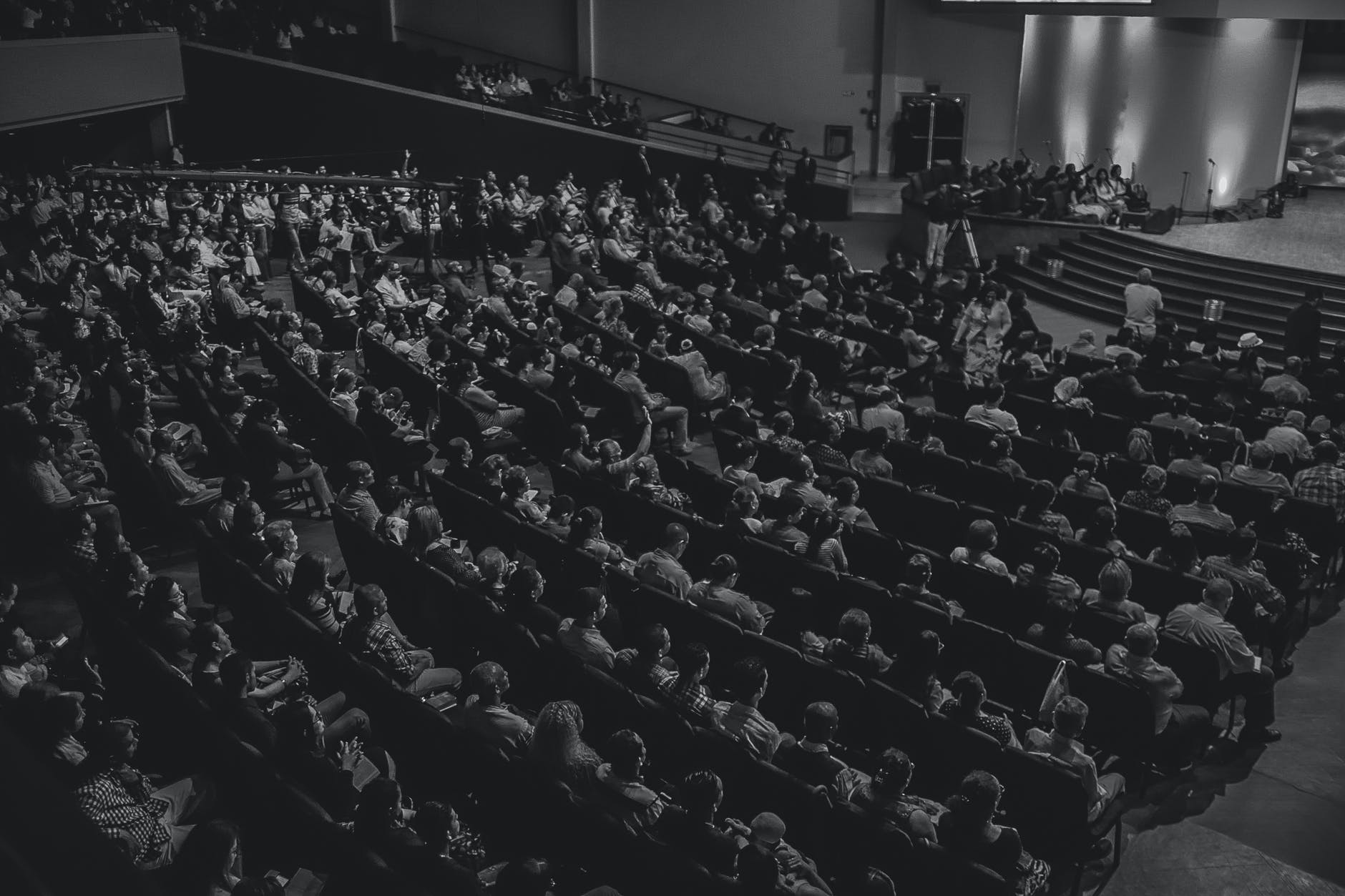Social Media Editor Nikita Dahiya on police brutality in India and its often overlooked link to the media consumed by the Indian people.
As the Black Lives Matter movement continues in full swing, it has once again brought to light issues of systemic racism against black people while simultaneously exposing the police for their unpunished, unbridled acts of violence. The sight of an American policeman exerting his authority over a minority individual is reminiscent of similar scenarios of police brutality which often go unchecked in India.
Just months ago, the CAA-NRC protests gripped the nation, and it was noted that, without fail, every protest which turned violent showed a targeted attack by the police on protestors belonging to certain communities. In fact, the past few weeks under lockdown in India have seen a rise in police brutality against essential service providers and migrant workers travelling back home on foot.
But why is it that the very Indians who so often turn a blind eye to police brutality in their own country are so quick to condemn it when it happens abroad? One might say that those who do so are often fetishizing American culture, but we must realise that the Indians who do so fall into a very privileged group, exclusively enjoying caste and class privileges. What about members of the general public who are not afforded this same privilege? Why do they allow this injustice to continue?
The media which the general public is exposed to plays a huge role in their response. Bollywood (i.e., the Hindi film industry in India) movies and Indian TV shows tend to showcase a glorified image of police brutality. Growing up, every movie I saw with a cop-centric storyline showed officers thrashing civilians to extract confessions from them. The most common of such scenes remains one where the alleged wrong-doer is strung up by their feet in a jail cell and beaten with sticks by the cops. It is these scenes which are lauded by movie-watchers, glorifying the actions of the police, praising them for harming the very citizens they have sworn to protect.
There exists in Indian cinema an entire genre dedicated to cop movies, aggrandising the police and treating them as superheroes. They are placed on a pedestal and thought incapable of doing any wrong. Several of these movies show the cop in charge manipulating the law to their advantage, going as far as to plant evidence on suspected criminals, intent on delivering their own warped sense of justice while desecrating the very judicial system they have sworn to uphold. And this pseudo-justice is lapped up by movie-watchers, as seen in the fact that cop-centric movies usually gross upwards of 200 crores (approx. 21 million pounds) at the Indian box-office.
These movies perpetuate the normalcy of custodial torture and unauthorised police action against lower-class individuals and suspected criminals, as is seen in the events that followed the 2019 police encounter in which four men were accused of rape and murder. Celebrations erupted across the nation, hailing the police for a job well done, signalling not only people’s lack of faith in the judicial system of the country but also setting a dangerous precedent allowing the police to be enforcers of the law rather than its protectors.
As a nation we consistently consume content which makes us more pliable to such incidents; we often treat them as “one-off events†done by a few bad cops. However, we fail to realise that we have been raised to view the police in a certain light; always so ignorant of their actions, not subjecting them to any scrutiny at all.
The first step to dismantling such a mindset is, of course, being aware of its existence and source. Indians, as a community, need to be more aware of the content we are consuming. And I do understand that this is easier said than done, given that a sizeable sum of our population does not have access to smartphones or any resources which will allow them to realise the fault in the content they consume – but we have to start somewhere.
King’s has a large South-Asian community and I would like to urge its members to understand the implications of such movies and shows. It is a privilege in itself to learn about discrimination instead of experiencing it first-hand, and we must make use of this privilege to educate ourselves further. Stop watching movies or shows which normalise police brutality. Make more people aware of this problem’s existence and start talking about it, especially with your family members; it might make for uncomfortable conversations, but they are conversations which need to be had.
Of course, police brutality has a much deeper history rooted in colonial legacy, and there is a severe and urgent need for change in laws safeguarding the police from consequences of their actions, but what we as Indians can do is stop the mindless perpetuation and normalisation of ignorance towards police brutality. We must stop overlooking such incidents under the guise of “it is what it is†and see them for what they truly are – an utter abuse of power.











